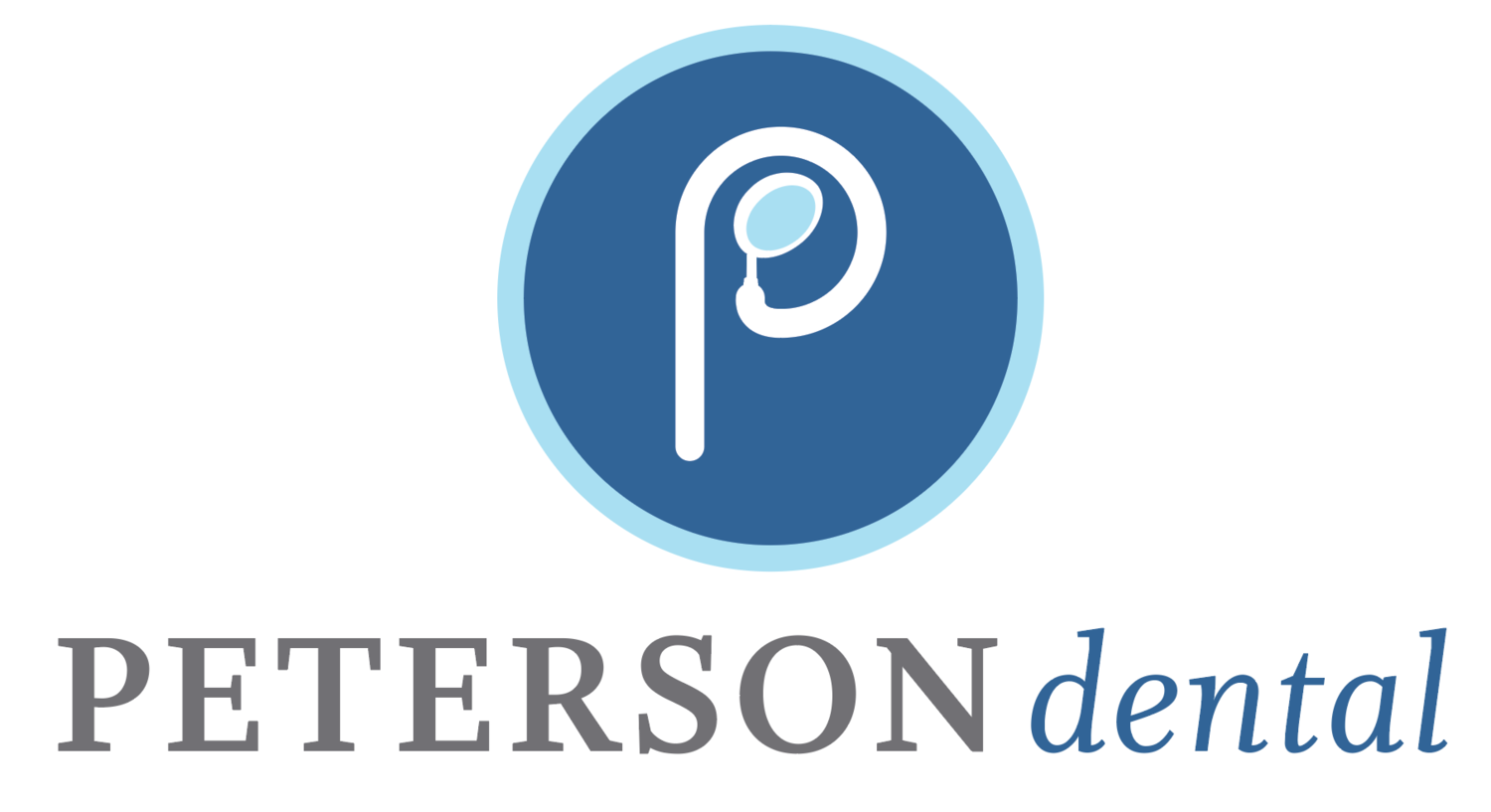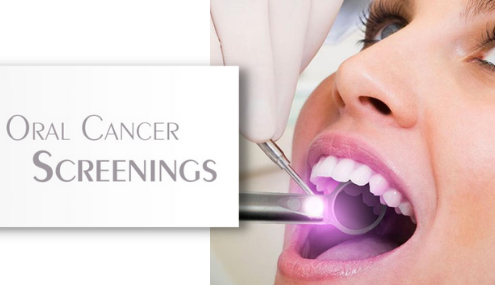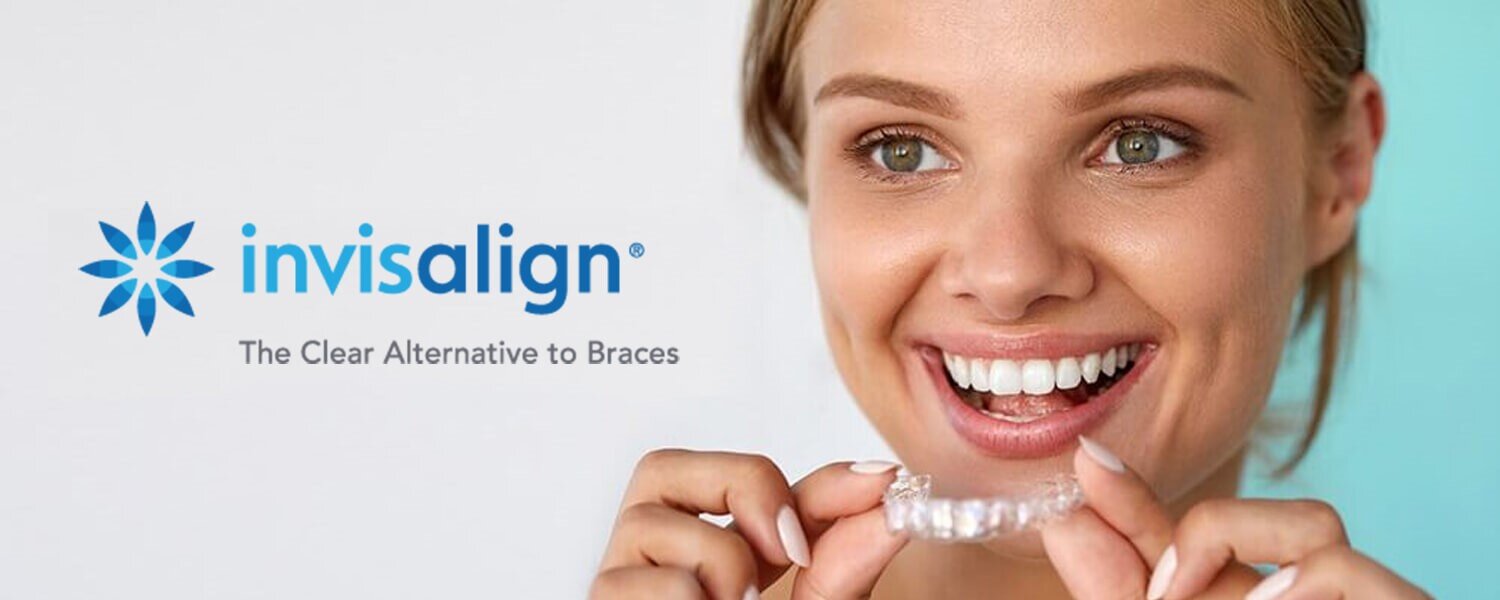Dental Insurance
As a courtesy to all of our patients, Peterson Dental will file any insurance. We are a preferred provider for many insurances including the ones listed below.
Q: Do you “take” my insurance?
A: The answer is probably! We are a Preferred Provider for Aetna, Blue Cross Blue Shield of Alabama, Cigna, Delta Dental Premier, Guardian, Southland, SunLife and United Concordia Elite. We can file insurance for select Medicare patients who have dental policies with one of the above companies. We are also in network with the military’s Active Duty Remote Program as well as the VA Community Care Network. We will file most insurance with out of network benefits on your behalf.
But here’s the most important part: did you know that most PPO dentists who “take” your dental insurance accept the exact same fee for service? The insurance company pays the doctor a set amount and the patient, when applicable, pays a set amount. That’s why it’s so important for you to select a dentist and a dental office that meets your personal needs. When you have insurance, you often pay the same price no matter which PPO office you select, so why not pick someone you trust in an office where you feel comfortable?
Peterson Dental does not accept Medicaid at this time.
Q: Why aren’t you a Preferred Provider (PPO) for my insurance?
A: Unfortunately, some insurance companies simply do not pay dental providers enough to cover the cost of materials and labor for a procedure. If you’re having a hard time finding a dentist that “takes” your insurance you may have one of those low reimbursement companies.
Q: What does PPO mean?
A: PPO means Preferred Provider Organization. Dentists and other healthcare professionals simply fill out forms and sign a contract stating that they will accept a certain fee for each service performed. For example a doctor may say a procedure costs $150, but the insurance company will pay $100 for it. Dentists and other healthcare professionals who are PPOs or “in-network” accept this discounted fee in exchange for being listed as a PPO for that insurance company. It’s great for patients because it helps to keep costs low. It’s great for doctors because they get an opportunity to see new patients!
Q: Does the dentist get paid by the insurance company just for signing up to be a PPO?
A: No. The patient and the insurance company truly receive the most benefit in a PPO situation. As a dental office, we’re just thankful to be on the list of options for our patients with insurance. You could truly go anywhere for your care. We’re deeply honored each time a patient chooses us.
Q: I have insurance, so why is there an out-of-pocket expense for my treatment?
A: Dental insurance generally offsets the cost of treatment, but doesn’t pay for it entirely. On average, dental insurance covers 80-100% of preventive (cleaning, exam and x-rays), up to 80% of basic (minor fillings) and up to 50% of major (crowns and bridges). We do our best to estimate your portion of the payment before you leave our office, but with literally dozens of insurance companies and thousands of individual plans it’s simply impossible for us to know all of them. That’s why it’s so important for you to know your plan and take charge of your health!
Q: You told me I owed one amount, but now I have a bill for more. I thought my insurance company was supposed to cover this. What happened?
A: We do our best to estimate your out-of-pocket cost before you leave our office. It’s always our goal to be as accurate as possible about what you owe for your visit. As much as we try to be experts on every person’s dental insurance, our real expertise is in dentistry! Please remember that we are a PPO for many insurance companies and each company has dozens of plans that an employer can purchase for an employee. We encourage all patients to be advocates of their own health. But rest assured that we will do everything in our power to make sure you get the full benefit owed to you by your insurance company.
Here are a few reasons why you may have received a bill:
Your insurance plan paid a lower percentage than expected for the procedure.
The treatment you needed was not covered by your plan.
The insurance company decided you did not need a procedure that the doctor identified as necessary or downgraded a procedure code.
You have not met your deductible.
You have not reached the end of your plan’s waiting period and are ineligible for coverage.
You’ve maxed out your plan (used up all your benefits on other procedures) and no longer have coverage until the plan resets next benefit period.
Think about it like this. Pretend that your insurance card is like a debit card. If the procedure is covered, there’s money in the bank to pay for it. You wouldn’t spend money without knowing it’s there waiting on you in your checking account. Insurance is similar. If you know your plan, you will know whether the funds are there to pay for services.
But insurance can be really confusing. That’s where we come in. We will take the time to explain your benefits to you as best we can. It’s why we have so much information on our website. We want to educate you so that you can be empowered to take charge of your health and get the full benefit of your insurance.
Q: How long does it take for an insurance claim to be paid?
A: The time for a dental insurance carrier to process an insurance claim varies. At least 38 states have enacted laws requiring dental insurance carriers to pay claims within a timely period (ranging generally from 15 to 60 days). If you want to file a complaint about a delayed payment, contact the insurance commissioner in your state. They want to know if your insurance company does not pay within the period allowed by your state law.
Q: The dentist says I need a certain procedure, but it isn’t covered by my insurance. Why not? isn’t there some other procedure that would work just the same?
A: Our doctors diagnose and provide treatment based on what you need, not based on what your insurance covers. Some employers or insurance plans exclude coverage for necessary treatment to reduce their cost. If you’re having trouble affording your dental care, ask us! We offer financing options and if the procedure allows, we can sometimes spread out treatment a little to help you afford it.
Q: Will you change the date or put a different date on my procedure so my insurance company will cover it?
A: No. This is insurance fraud. We are contracted with insurance companies to provide 100% honest information, otherwise our PPO relationship would be cancelled and our dental license revoked. Not to mention that we believe in providing honest, quality care because of who we are and what we believe. Dishonesty is never permitted in our office.
Q: What if I still have questions?
A: We will do our best to answer all of your questions, however, a call to your insurance company, a visit to their website or a meeting with your plan administrator (often your human resources department of your employer) is a great step to fully understanding your insurance coverage. We encourage you to learn as much as you can about your insurance and take charge of your health!
Q: I want to take charge of my health! What questions should I ask my insurance company/plan administrator?
A: Your insurance company can provide you with a breakdown of your dental benefits, but there are six key things to ask about:
Plan Year: Does your insurance follow a normal calendar year? (Jan. 1- Dec. 31) If not, what month and day does your plan year start and end?
Deductibles/Yearly Maximum: What is your annual deductible? What is your family annual deductible? Does this apply to all family members or a limited number? What is your annual maximum benefit dollar amount?
Waiting Periods/Age Limitations: Are there any waiting periods for benefits to begin or age limitations?
Frequencies: How often does your plan cover cleanings, exams, x-rays, fluoride, and sealants?
Composite Restorations: Does your plan reduce coverage to the rate of old-fashioned amalgam restoration material or does it cover up-to-date composite fillings? Are there any other codes which are generally “downgraded” on your plan?
Percent Coverage: What percent does your insurance cover for:
Preventative/Diagnostic?
Basic Restorative?
Major Restorative Treatment and Prosthodontics?
Missing Tooth Clause: Does your plan cover replacement of teeth extracted prior to being on the plan?
Secondary Insurance: If applicable, does your secondary insurance policy have a non-duplication clause for dual coverage? If so, your second insurance may not help you unless you need a lot of dental treatment.
Once you have this information, bring it to us! It will help us understand your plan as well and help us better estimate your out-of-pocket expense.
Q: My dental insurance has changed. What should I do?
A: Most employers distribute new insurance cards occasionally without changing the plan, but sometimes a plan changes without the distribution of new cards or a new group number. Some insurance companies don’t even give out cards! If your plan changes or you have a new insurance carrier, call us to let us know about these changes right away. We can update your chart before your next appointment, saving you time waiting and filling out forms in the office. Plus, this will increase the accuracy of your estimated expense the next time you visit us.
Q: I saw a different dentist this year. How do I know how much dental benefit I have left this year?
A: We highly encourage you to call your insurance company and ask. And be sure to let our business staff know about any dental appointments you have had at another office during the benefit year. This will help to ensure you receive your full benefit at upcoming appointments.








